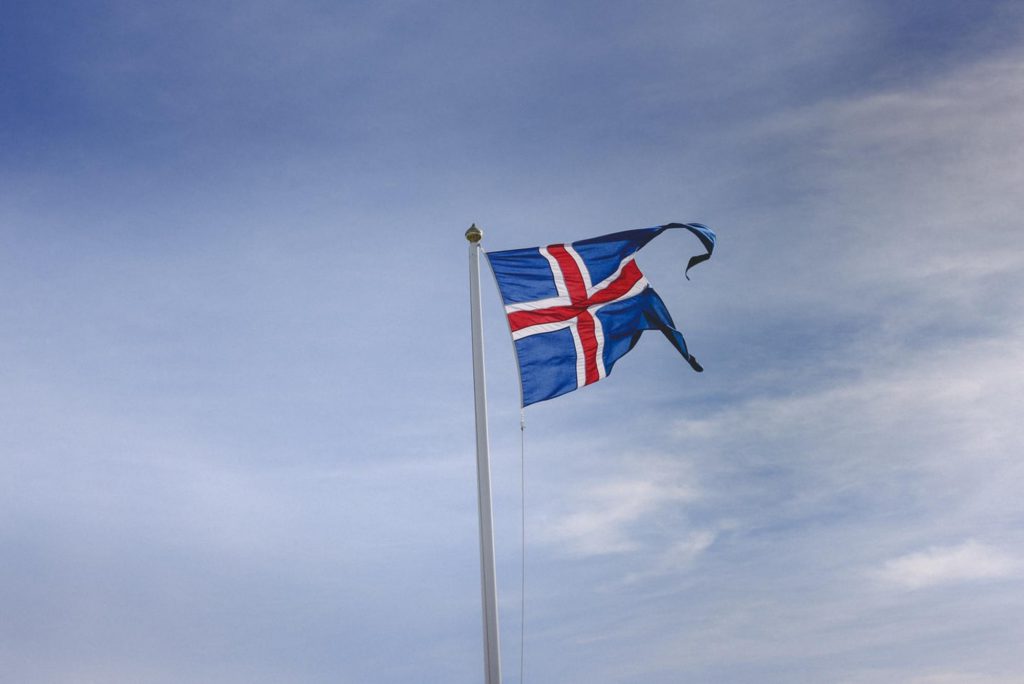Iceland is a region of spectacular scenery and mesmerizing beauty and it is gaining prominence as a desired immigration destination. Here are great reasons to move there:

Value innovation and creativity
Despite its small size, Iceland excels at developing new ideas and creating creative content. It is most likely due to the strong and inclusive Nordic welfare system. Healthcare, childcare, parental leave, and inexpensive, high-quality education are all social advantages that encourage people to follow their interests and explore possibilities without fear of “falling through the cracks.” Many entrepreneurs have thrived as a result of the Icelandic flair for innovation, creating new local solutions that happen to satisfy worldwide demands. Iceland is ranked fourth in the World Economic Forum’s 2020 World Talent Ranking. The evaluation takes into consideration three elements in countries. They include investing in and developing domestic talent, the attractiveness of a nation to foreign talent, and the level of ability and competency accessible.
A simple business environment
Icelandic corporate culture is not very hierarchical, and equality is valued regardless of position within the organization. Everyone is addressed by their first name due to the patronymic naming system, making the corporate climate less formal than elsewhere. Meetings are brief and usually take place over lunch or coffee.
Equality in the workplace
Since 2009, Iceland has been a trailblazer in gender equality. Even though there is still space for development, the gender wage difference for the same position is 4.5%. For transparency, the Icelandic government implemented Equal Pay Certification in 2017. Larger firms must demonstrate that they pay their workers the same remuneration for the same job without gender discrimination.
Solid social protection
Iceland operates on the Nordic system of a three-way partnership between companies, labor unions, and the government. The three parties collaborate to pursue mutually beneficial changes in areas such as worker safety, salaries, and working conditions. Tripartite cooperation encourages politicians and social partners to work together to solve problems and develop societal trust and legitimacy.
Culture and society
Because Iceland has a small population, there is a strong feeling of culture and community. Even the biggest city, Reykjavik, has a coastal village feel about it. While promoting music, art, and literature, Iceland attempts to preserve connections to its settlement (Viking) history. Historically, Iceland was not recognized for its gastronomic pleasures. Because of the recent tourist boom, Iceland’s culinary sector has improved and now provides world-class gourmet dining.
Cheap healthcare and education in Iceland
After six months of legal residence in Iceland, you will be enrolled in the Icelandic Health Insurance system and will not be required to pay more than ISK 25,000 for healthcare in a single month. Pregnancy exams and delivery are both free in Iceland. Icelandic education is both inexpensive and of high quality. The schools (primary through high school) are free, with optional after-school activities available for a little fee. Subsidized childcare is offered for all children beginning at the age of two to help both parents work. The cost of a university education varies depending on the institution and where the student is from.
Nature
No matter where you go in Iceland, you are never far from the sea or the mountains. You may get some alone time for a stroll in the highlands or a walk along the shore. There are several tourist options, including hiking and bike paths, horseback riding, golf (and frisbee golf) courses, and even surfing. It enables you to leave the workplace at the end of the day and go outdoors, which is particularly beneficial during the long summer evenings.
Secure and clean
Iceland has a very low crime rate, with violent crimes almost non-existent. Icelandic police officers do not carry firearms, and the nation ranks first in the IEP’s Global Peace Index. Children play outdoors unaccompanied from a young age. Also, Iceland is a world pioneer in sustainable energy, relying nearly entirely on hydroelectric and geothermal energy. Iceland’s water, soil, and ecosystem are extraordinarily clean thanks to green energy and a lack of harmful industry. Icelanders have an average life expectancy at birth of 83 years because of a diet rich in seafood, clean air, and clear water.
Balance of work and life in Iceland
Icelanders cherish a good work-life balance, which is not unexpected considering the island’s population. The average Icelandic workweek is 40 hours, and employers are usually family-friendly and flexible.
You may also like these related articles:
